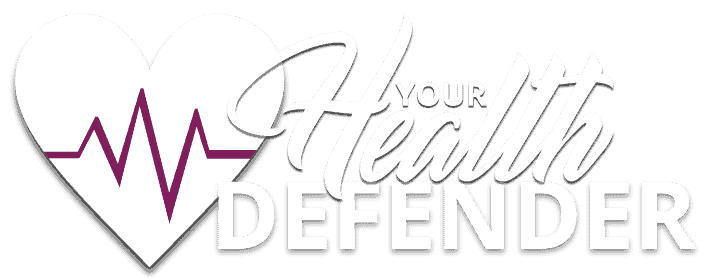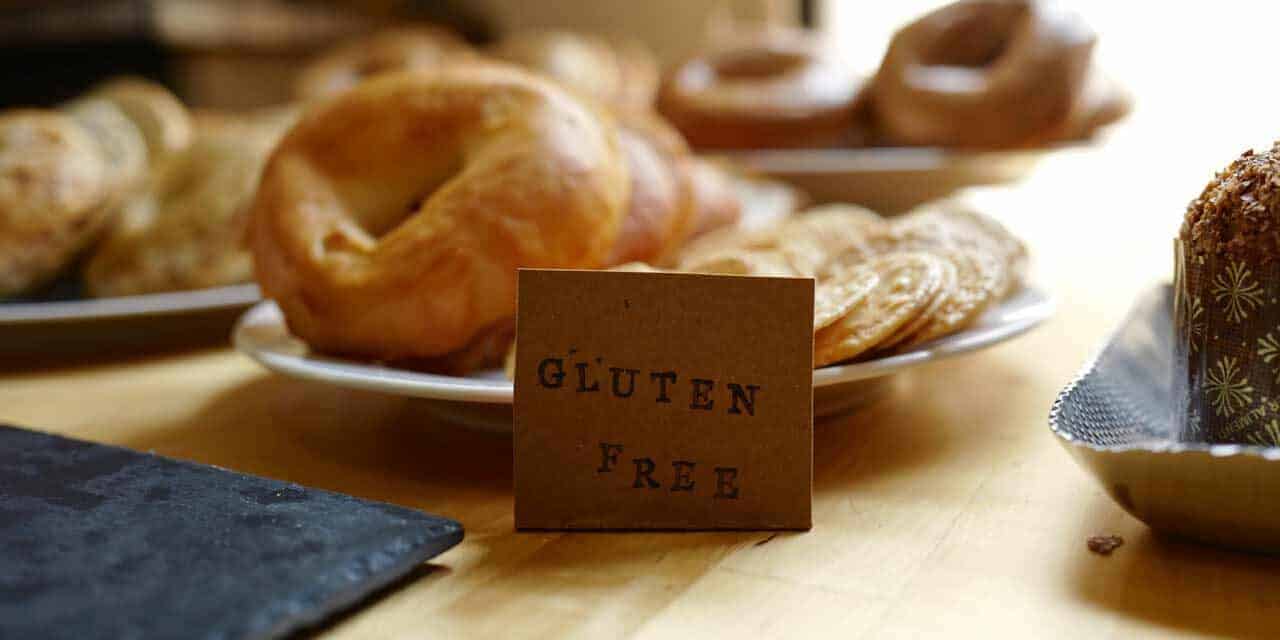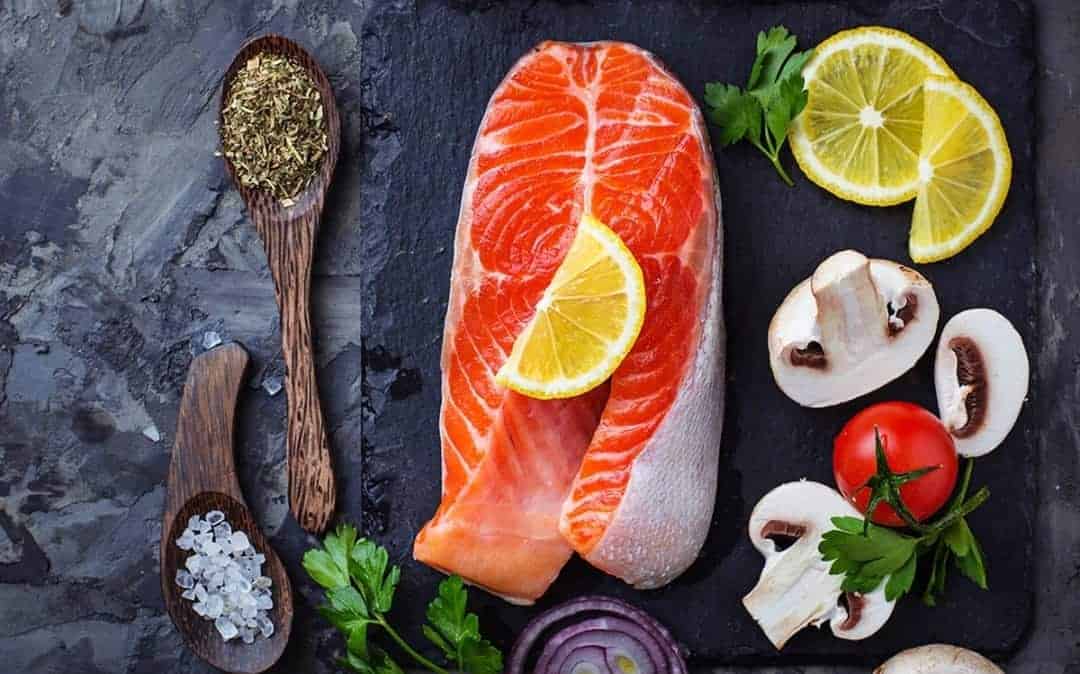“Gluten-free” is something we’ve been hearing regularly in mainstream supermarkets for nearly ten years. There are whole aisles dedicated to gluten-free products these days when only a decade ago, you’d be lucky to find almond flour anywhere outside of a specialty health store.
Today, gluten sensitivities affect about 7% of the US population. Still, nearly a third of the US population avoid gluten, regardless of allergy. The good news there is that more and more information about the benefits of living a gluten-free lifestyle keep coming out!
With more information, the more accessible a gluten-free lifestyle is, making now one of the best times to switch to a gluten-free lifestyle.
Is a Gluten-Free Diet Right for You?
Many people who choose to take gluten out of their diets have had a recurring adverse reaction to gluten. For some, this can be an upset stomach and general discomfort, while for others, consuming gluten can be seriously dangerous and even life-threatening.
Other ways gluten can affect the body include lethargy/low energy levels, bloating, vomiting, and diarrhea.
Your Body Knows Best
Gluten-free diets have become a common step to wellness for people of all ages with different health statuses. That said, the best way to take care of your body is always to listen to your body.
Listen to your body closely! Just because gluten has been a normal part of your life doesn’t mean it has to be forever.
We need to be caretakers of our bodies, even when it means stepping outside of our normal. Lucky for you, gluten-free alternatives are abundant, from gluten-free beer to gluten-free pizza to gluten-free bread and cakes.
Gluten-free doesn’t automatically equal free of fun, and knowing those fun options are available to you can help you transition into a healthier lifestyle more suited to your needs.
Just always remember that moderation is your best friend!

How to Start Eating Gluten-Free
- Don’t make gluten out to be the villain.
When removing gluten from your diet, the first thing you need to do is maintain the outlook that you are removing gluten to make more room for things that nourish your body. Removing gluten is your CHOICE. This is a positive, not a negative!Gluten has its place in the world; it just may not be in your diet. - Know where you will always find gluten.
The most important part of any diet change is education. When it comes to diet changes, learning what ingredients are a hard “no” will help you begin to navigate a gluten-free diet.Some of the most common gluten-filled foods include:- Bread
- Cereal
- Crackers
- Beer
- Cakes & Candies
- Most things made out of flour or dough
- Know where gluten is hiding.
Say I have a gluten intolerance, and I wake up one morning, head to the kitchen, fix myself a bowl of fruit, take my vitamins, and drink a cool glass of water. Thirty minutes later, my stomach is upset. Why is this happening?
“Theresa, are you telling me that water isn’t gluten free?” No, please drink all the water your body desires. What happened here was not in the food, but the vitamins.
It isn’t uncommon for gluten to be used in places you wouldn’t quite expect, like vitamins and supplements.
Gluten can also be lurking in these products:
- Processed meats
- Soup
- Seasoning Packets
- Seasoned Potato Chips
Be sure to check your ingredient lists. Just because something is labeled gluten-free does not necessarily mean it won’t cause a reaction. Many processed foods include extra preservative ingredients that contain gluten.
Though I always advocate for eating the freshest foods available to you, this is especially true when eating gluten-free. The fewer ingredients, the less to sort out, the more certain you can be that what you’re consuming is what’s right for your body.
Know that you don’t have to cut out your favorite foods just because you aren’t eating gluten.
Because gluten-free lifestyles have become so common over the years, more and more places have started to cater to the dietary needs of these individuals. In fact, there are entire gluten-free restaurants these days.
With that being said, there are also a lot of people online sharing their resources for living a gluten-free lifestyle, and let me tell you, some of these people are making filling, healthy, mouthwatering, gluten-free food.
This gluten-free roasted buttermilk chicken with fresh herb & lemon from Chef Vedam is one that I particularly love because of how aromatic it is. The simplicity makes it easy, and everything else makes it delicious. If you paired that with some roasted carrots or brussel sprouts with garlic and onion. Now we’re talking.
If you’re ready for dessert, I made this Banana Chia Pudding that is just the right amount of sweet to round the night out.
See! We’re already getting excited about the meals we can plan!
Tips that Will Make Transitioning to a Gluten-Free Lifestyle a Bit Easier:
Taking on any new health journey can stir up a lot of emotions for us as both our mind and body change their focus.
Here are a few tips I recommend when starting a gluten-free lifestyle:
- Be prepared.
Keep a binder or bookmarked folder with gluten-free recipes you know you already like. Keep your kitchen stocked with the absolute essentials like gluten-free flour and lots of fruits and vegetables. Having a plan for when there is no plan is a big help when you’re trying to stick to anything. - Identify the parts of your diet you won’t have to change.
Make a list of food you like already that happen to be gluten-free. Add these things into your meals semi-regularly, so you still feel positive emotions associated with mealtime. It’s okay to ease yourself into change. - Reimagine your favorites.
Over time, you can start recreating your favorite non-gluten free dishes as gluten free dishes. There is a whole new world to explore and exciting challenges ahead as you adopt a lifestyle centered around you and your health.
I hope I’ve been able to help you better understand the mindset behind a new way of eating. Visit my site to learn more about fueling your mind and body through your health, and pick up a few easy, gluten-free recipes while you’re there. As usual, if you have any questions, please feel free to reach out to me, Theresa Aucoin, your health defender.
Disclaimer: I’m not a doctor, and this post should not be used as medical advice. This post is not intended as a substitute for seeing your own health professional.






